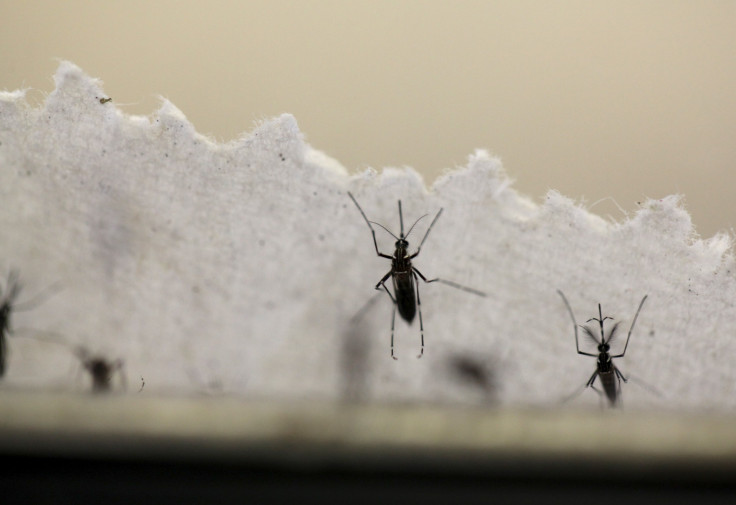Dengue Case Detected In Arizona County; Health Officials Staying Vigilant
KEY POINTS
- Previous cases were mostly in travelers who got the infection elsewhere
- The current patient may have been exposed to the infection in the county
- Authorities are investigating whether this is an "isolated incident"
A case of dengue was detected in a resident of Maricopa County, Arizona, the county's health department announced Monday. Authorities will conduct investigations to see if there are more infected people.
Dengue is a disease that spreads through the bite of mosquitoes and "nearly all" dengue cases in the contiguous U.S. have been reported in travelers who actually got infected somewhere else, according to the U.S. Centers for Disease Control and Prevention (CDC).
However, the current patient may have been exposed to the infection in the county itself, the Maricopa County Department of Public Health (MCDPH) said in a statement. Surveillance by the Maricopa County Environmental Services Department (MCESD) also detected the virus in a mosquito trap in a neighborhood.
"While previous dengue cases in Maricopa County have been related to travel to countries where dengue commonly occurs, it is important to understand if others could have been exposed or if this is an isolated incident," said medical epidemiologist Dr. Nick Staab.
Authorities will go door-to-door in the "specific neighborhood" to offer free at-home testing to residents and check if they had symptoms in recent months. They will also continue searching for other infected mosquitoes in traps and help educate people on how to prevent mosquito bites.
"When we look at results of this testing and mosquito testing across the county, we can determine if there is any risk to others and what Public Health, Environmental Services, and other partners can do to prevent illness," said Staab.
Outbreaks of dengue only "occasionally occur" in the continental U.S., according to the CDC. However, the type of mosquito that carries dengue, the Aedes species, is actually quite common in many parts of the country, so a local spread is "possible."
But for about half of the world's population that lives in at-risk areas, dengue remains a "leading cause of illness," with up to 400 million people being infected each year. While most people may have a mild, flu-like illness, some — particularly those who were infected before — can get severely ill.
Each year, some 40,000 people die of severe dengue.
As with other mosquito-borne diseases, the best way to prevent dengue is by avoiding getting bitten by mosquitoes.

© Copyright IBTimes 2025. All rights reserved.






















